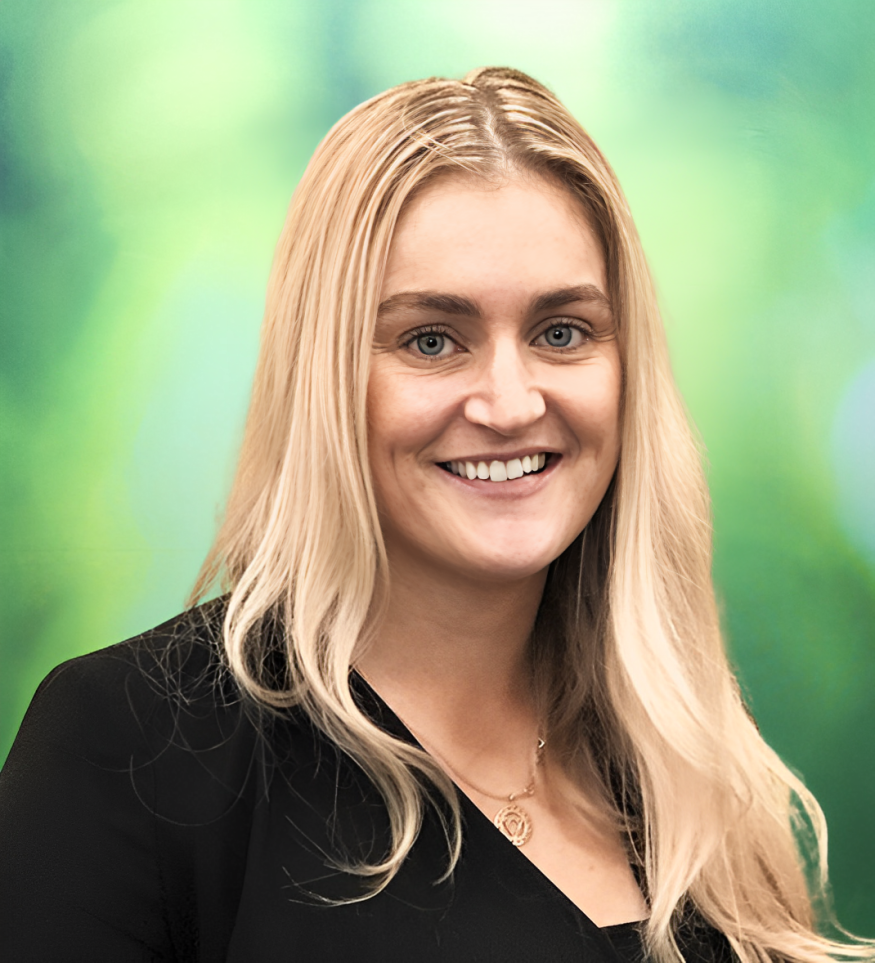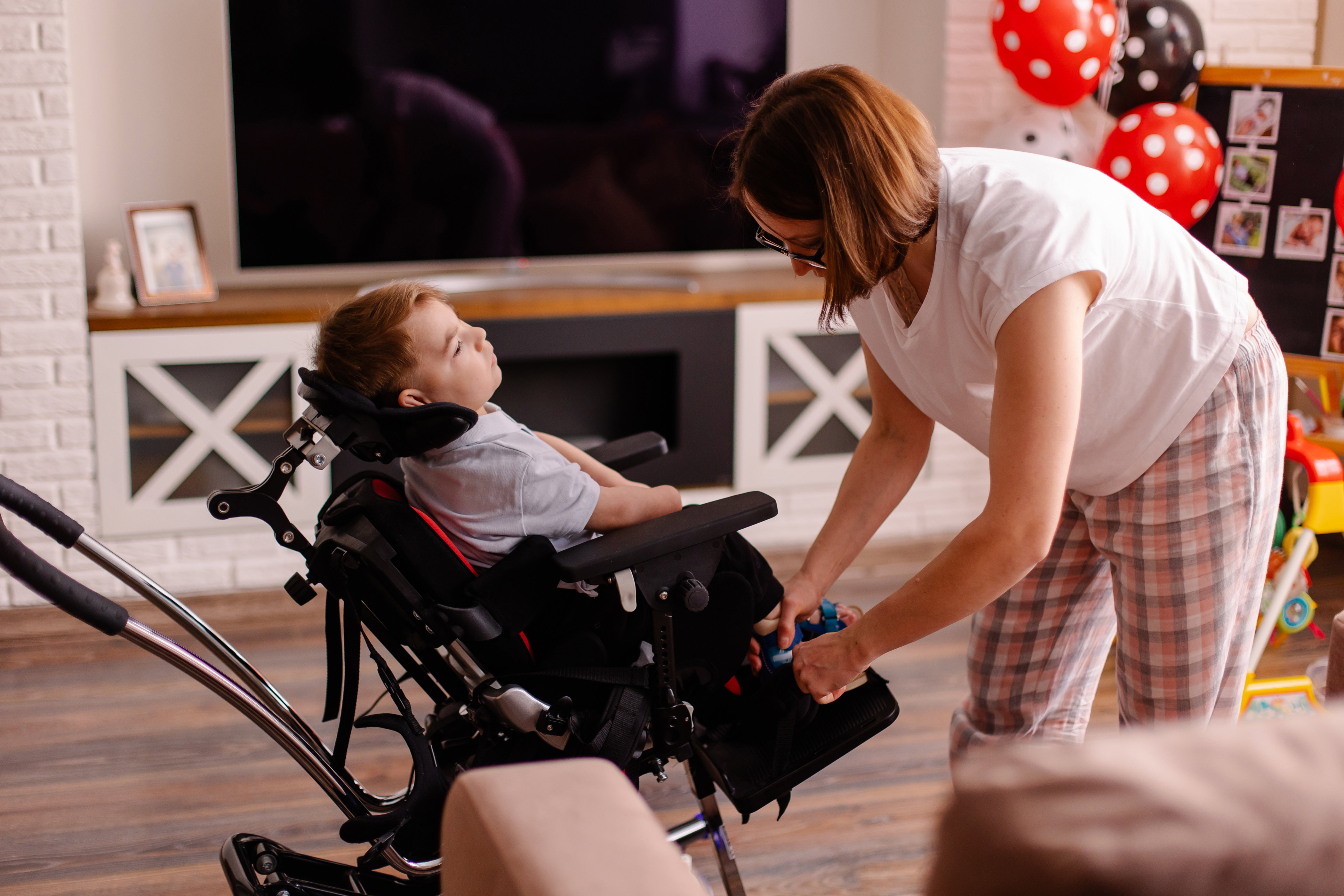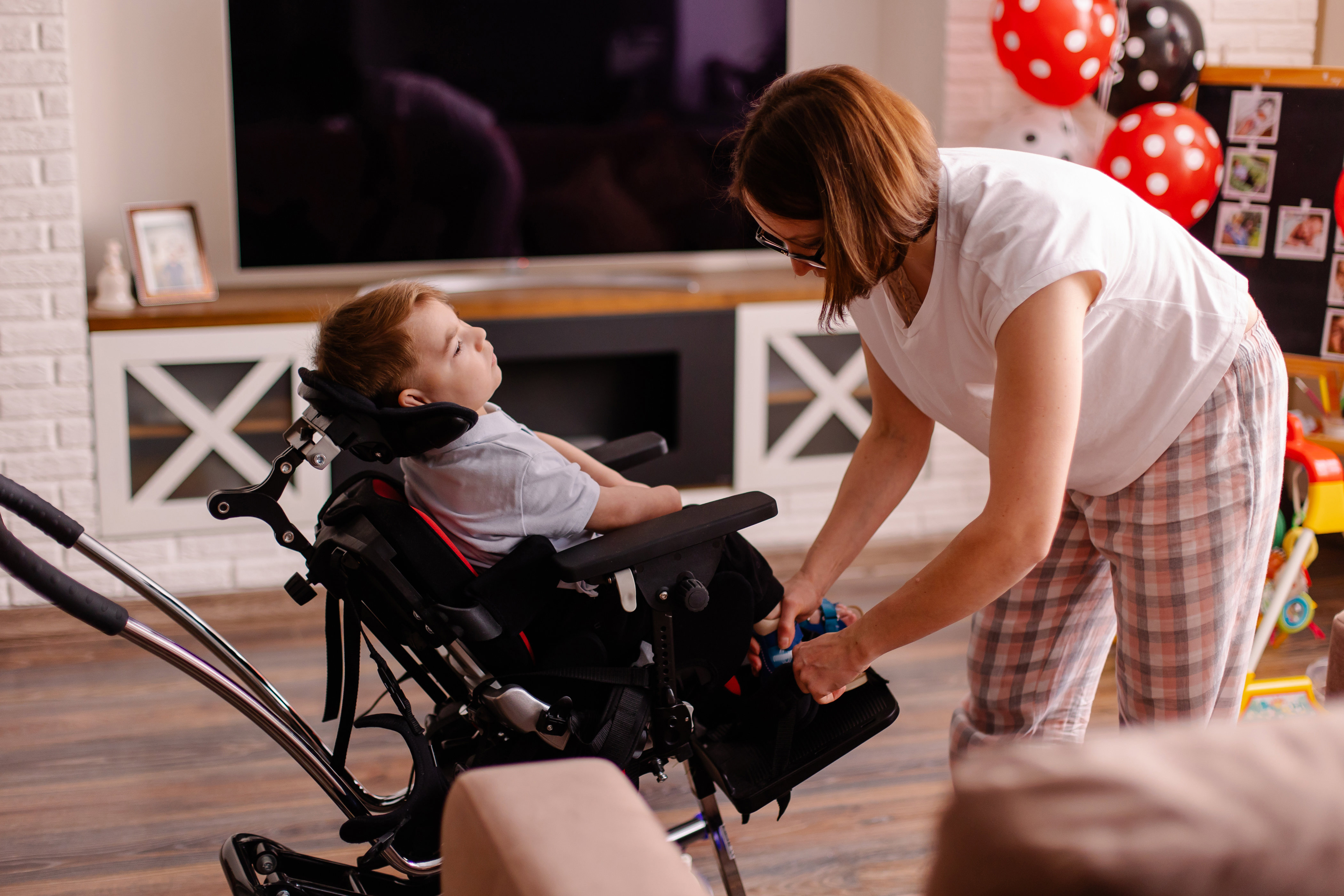
Carly Saxon-Garnett
Senior Associate Solicitor, Medical Negligence
If your child has Cerebral Palsy due to a mistake made by a midwife or doctor before, during, or shortly after their birth, they may require lifelong, extensive care. Our Medical Negligence Solicitors understand that your child’s well-being is your top priority. We are here to provide the legal advice and representation you need to pursue a claim that can help secure funding for their rehabilitation and treatment.
We’ll handle the complexities of the legal process, easing the burden so you can focus on what truly matters: caring for your family.
Cerebral Palsy is a serious condition that impacts a child’s movement, posture, and coordination. Managing the condition often requires extensive treatment and lifelong rehabilitation, which may not always be readily available through the NHS. Many parents face significant challenges in affording private care to meet their child’s needs.
Learning that your child’s condition was caused by someone else’s negligence can be devastating. If medical negligence led to your child’s Cerebral Palsy, we are here to help you pursue a compensation claim to secure the support and resources your child deserves.
We understand that this is an overwhelming time, and you may feel unsure about where to begin when it comes to securing support and making arrangements for your child’s care. Our dedicated Cerebral Palsy Solicitors are here to guide you through every step of the claims process, as well as assist with other legal matters you may encounter throughout your child’s life. These could include setting up a Personal Injury Trust, working with our Court of Protection Solicitors, addressing Education Law issues, and collaborating with external Case Management teams.
If you believe you may have a Cerebral Palsy compensation claim, contact us for a no-obligation Free Claims Assessment. We can visit you at home (anywhere in England or Wales) and, in most cases, handle your claim on a No Win, No Fee basis.
Fill in the form below to get in touch with one of our dedicated team members, or call our team today on: 0800 260 5010

Cerebral Palsy is a permanent cpondition that can cause children to suffer difficulties with movement, posture, speech, and muscle control.
Cerebral Palsy occurs when there is damage to the developing brain, usually before, during, or immediately after birth. Some of the common symptoms of cerebral palsy include muscle stiffness, weakness, involuntary spasms, and learning disabilities.
There is no cure for Cerebral Palsy but fortunately, it is not a progressive condition and rehabilitation and other treatments can help your child manage their disabilities. If the Cerebral Palsy was caused by negligence, bringing a compensation claim can provide access to the funds needed for private treatment and rehabilitation. Being able to use the private system means your child can get swifter care and access treatment that may not be available through the NHS.
The symptoms can vary significantly from person to person, but common signs include stiff or floppy muscles, difficulty with fine motor skills, and abnormal posture. Children with cerebral palsy may have trouble walking, speaking, or performing basic tasks. Some may also experience seizures or learning disabilities.
There are three main types of cerebral palsy: spastic, dyskinetic, and ataxic.
Some people with cerebral palsy may have a mixture of these types, and the severity can vary greatly from person to person.
According to the organisation Cerebral Palsy UK, one in every 400 births in the UK is afflicted by cerebral palsy. With a birth rate of over 700,000 per year, studies indicate that there might be up to 1,800 occurrences of cerebral palsy each year.
Examples of medical negligence which could cause Cerebral Palsy
The following types of medical negligence can lead to a baby developing Cerebral Palsy:
If your child has Cerebral Palsy because of negligent medical care, we could help you make a claim for compensation and gain access to extensive treatment and support.
All healthcare professionals must provide care to a certain standard and not be negligent when performing their job. If healthcare professionals were negligent before, during, and/or after your child's birth, you can bring a claim against the NHS Trust. If your GP was negligent, you may be eligible to bring a GP Negligence Claim.




Birth Injury Claims against the NHS or a private hospital are complicated, especially when you are already caring for a disabled child. You don't have to face the process alone; our Medical Negligence Solicitors are always here to help.
Contact our friendly legal experts for a Free Claims Assessment when you feel ready. We'll tell you if we think you have grounds to make a claim and explain your options moving forward. Even if we do think you could claim Cerebral Palsy compensation, there's no obligation to continue.
If you do decide to bring a Birth Injury Claim, you can rely on our legal specialists to make the process as simple and stress-free as possible and keep you updated every step of the way.
Compensation for Cerebral Palsy can help you ensure your child has access to the care, treatment, and rehabilitation they may need now and in the future. If the NHS Trust or private hospital admits responsibility, we'll ask for an interim payment. This is compensation provided before a final settlement is reached so you can pay for rehabilitation, treatment, or any immediate costs you're facing.
Medical negligence compensation awards are split into two categories:




If your child has been diagnosed with Cerebral Palsy, they will likely need a certain level of support throughout their lifetime. Compensation can help to give your child all they need to flourish and work towards their personal life goals.
For example, you may need to move home to somewhere more suitable for your child's physical needs. They may also benefit from speech therapy, physiotherapy, and language therapies in the future.
Trying to predict the care needs your child will have in the future can be extremely difficult, which is why we'll aim to secure you a compensation package that allows for changes in your child's condition and needs as they grow up.
Lump sum payments can sometimes be obtained which can help with upfront costs like new housing and equipment. Ongoing care costs are normally covered by regular payments known as periodical payments. Periodic payments will adjust as care costs change over time. Importantly, they will give you the security of knowing you’ll be able to cover your child’s care costs for as long as they are required.
By making a compensation claim, you can make sure your child's needs are met throughout their lifetime. Because of the timescales involved, compensation payments for children with Cerebral Palsy are often multi-million-pound settlements.

A typical claim runs as follows:
In most cases, Cerebral Palsy claims are made by parents on behalf of their child. Therefore, the limit doesn't start to run until their 18th birthday.
A child who has suffered Cerebral Palsy can claim themselves after they turn 18 and they have until their 21st birthday (three years) to make a compensation claim.
It depends on the complexity of the claim and the amount of compensation being sought. In mild cases, the process may be complete in 18-24 months. However, if your child has extensive Cerebral Palsy and you are claiming significant compensation, it may take three or more years from starting the claim process to being awarded compensation.
You may be eligible for Legal Aid, but it is only available for claims involving clinical negligence during pregnancy, childbirth, or the post-natal period that results in your child developing Cerebral Palsy.
Legal Aid is means-tested, and you may be required to repay some or all of the assistance provided. We will guide you through the process, offering clear information about Legal Aid, including whether you qualify and what it may involve.

If your child has sustained a Cerebral Palsy birth injury, you may be entitled to compensation, to get the care and support they will need throughout their life.

World Cerebral Palsy Day falls on the 6th of October and is a valuable opportunity to raise awareness of this condition across the globe.

In April 2023, The Times published figures showing that the NHS spent £160 million on paying bereaved people last year where, as a result of their failures, people had passed away for a range of different reasons.
We may be able to offer you a No Win, No Fee agreement. This means you won't pay any money upfront for your legal fees, but you will have to pay for additional costs, known as Disbursements like court fees or expert reports fees. This can be covered by an insurance product called After the Event Insurance, which would cover these costs for you. Your case handler will provide more detail about this.
You'll sign a Conditional Fee Agreement or a Damages Based Agreement that says if you lose your case, you won't pay our legal costs. If you win your case, the other side will pay for a proportion of our legal costs, but you may have to pay for some of these yourself from your damages. This is usually capped at a percentage agreed in advance.
Aside from legal expertise and experience, you need to choose a Medical Negligence Solicitor who you can get on with for what may be a long period. They should be caring, compassionate, and willing to tell you the truth, even if the news is not good. You also want someone who has a strong track record in Birth Injury Claims, Hospital Negligence Claims, and GP Negligence Claims and holds accreditations in medical negligence law.
We are one of the most knowledgeable and experienced Medical Negligence Law Firms in the UK. We understand the impact having a child with Cerebral Palsy can have on your life and are devoted to helping parents and children get the compensation they need to make life easier and supporting children with this condition to reach their full potential.
You can trust that when you talk to our Medical Negligence Solicitors, they will listen with sensitivity and compassion. We're members of the Law Society's Clinical Negligence Accreditation Scheme and the Action against Medical Accidents (AvMA) Solicitors referral panel.
Our experience and reputation mean we have developed connections with many agencies and support services that can help you and your child live with and manage a Cerebral Palsy diagnosis.
It can be challenging to prove that medical negligence resulted in your child suffering Cerebral Palsy. Fortunately, our team has extensive experience in bringing these types of claims, as well as solid relationships with experts who can provide evidence to the Court.
Even if you're unsure whether you have a claim for compensation, speak to our friendly, compassionate Solicitors. We'll carefully listen to what happened to you and guide you You can claim on a child’s behalf until they reach the age of 18. After their 18th birthday, they have three years in which to make a claim, unless they lack the mental capacity to make decisions for themselves.through whether a claim exists.
You may have been referred to the NHS Early Notification Scheme (ENS). This scheme investigates brain injuries to children at birth. It was developed to try to speed up the investigations into what caused your child's injury so you have the answers you need.
You can still get independent legal advice if you've been referred to the ENS. We'll ensure that you're properly informed about what will happen through the process.
Fill in the form below to get in touch with one of our dedicated team members, or call our team today on: 0800 260 5010